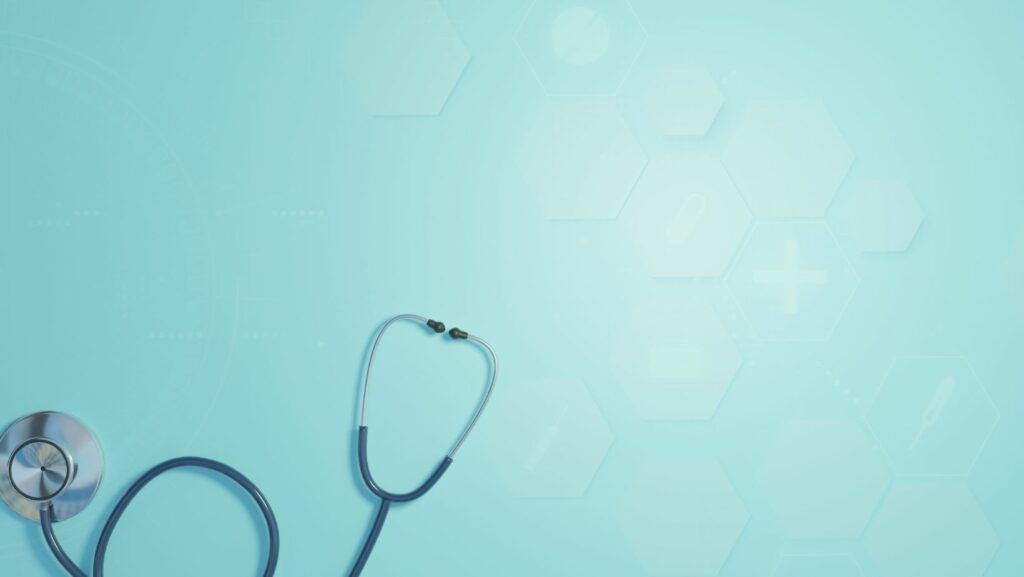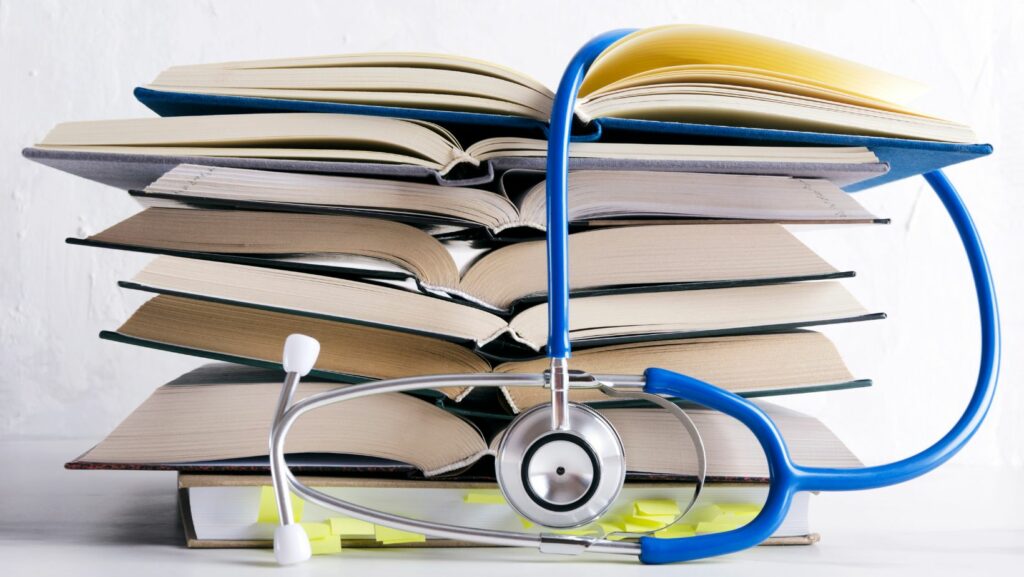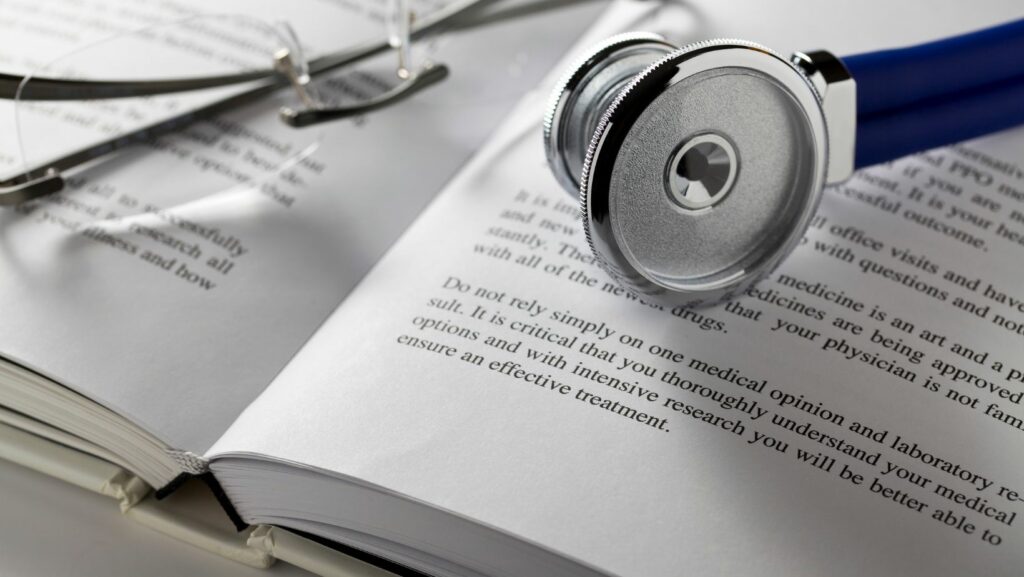Key Takeaways
- Foundation for Communication: Medical terminology is essential for clear dialogue among healthcare professionals, minimizing misunderstandings in patient care.
- Supports Documentation: Familiarity with medical terminology aids in maintaining accurate patient records, ensuring comprehensive medical histories.
- Enhances Diagnosis and Treatment: Understanding specialized vocabulary is critical for conveying complex clinical concepts and planning effective treatments.
- Facilitates Collaboration: A shared language promotes teamwork among diverse health disciplines, leading to improved patient outcomes.
- Learning Resources: Utilize textbooks, online courses, mobile apps, and webinars to effectively master medical terminology.
- Integration with Technology: EHR systems and telehealth platforms leverage standardized medical terms for enhanced communication and documentation accuracy.
In the fast-paced world of healthcare, precise communication is vital. Medical terminology serves as the foundation for effective dialogue among professionals, ensuring clarity in patient care and treatment. From doctors to nurses and administrative staff, everyone relies on a shared language to navigate complex medical concepts.
Understanding medical terminology isn’t just for those in clinical roles; it’s essential for anyone working in health professions. This specialized vocabulary enables professionals to document patient histories, interpret lab results, and collaborate seamlessly across various disciplines. As the healthcare landscape evolves, mastering this language becomes increasingly crucial for success in the field.
Medical Terminology for Health Professions
 Medical terminology serves as a critical component of effective communication in health professions. Understanding this vocabulary enhances clarity in patient care, documentation, and interdisciplinary collaboration.
Medical terminology serves as a critical component of effective communication in health professions. Understanding this vocabulary enhances clarity in patient care, documentation, and interdisciplinary collaboration.
Importance in health professions encompasses several key benefits. Medical terminology:
- Facilitates Communication: Enables clear dialogue among healthcare providers, reducing the risk of misunderstandings.
- Enhances Record-Keeping: Supports accurate documentation of patient records, ensuring comprehensive medical histories.
- Improves Diagnosis and Treatment: Aids in conveying complex clinical concepts crucial for diagnosing conditions and planning treatments.
- Promotes Interdisciplinary Collaboration: Fosters teamwork among diverse health professions, enhancing patient outcomes through coordinated care.
Common Terms and Definitions
Common terms and definitions establish a foundation for understanding medical language. Notable examples include:
- Anatomy: Study of the body’s structures.
- Physiology: Relationship between the body’s functions and processes.
- Pathology: Examination of the causes and effects of diseases.
- Diagnosis: Identification of a condition based on symptoms and test results.
- Prognosis: Prediction of the likely course and outcome of a disease.
Familiarity with these terms empowers healthcare professionals to communicate effectively and provide high-quality patient care.
Types of Medical Terminology
 Medical terminology encompasses various categories essential for healthcare professionals. Understanding these types enhances effective communication across different medical disciplines.
Medical terminology encompasses various categories essential for healthcare professionals. Understanding these types enhances effective communication across different medical disciplines.
Clinical terminology refers to the specific language used to describe patient conditions, diagnoses, and treatment plans. This includes terms related to anatomy, pathology, and symptoms. For example, terms like “hypertension,” “diabetes mellitus,” and “acute myocardial infarction” classify different health issues. Clinicians rely on precise clinical terminology to document patient interactions, ensuring accurate records and fostering clear communication within healthcare teams.
Procedural Terminology
Procedural terminology involves terms associated with medical procedures and interventions. This includes descriptions of surgeries, diagnostic tests, and therapeutic techniques. Common examples are “laparoscopy,” “echocardiogram,” and “chemotherapy.” Accurately using procedural terminology helps healthcare providers convey essential information about the steps and intentions underlying patient care, thereby reducing errors and improving outcomes.
Learning Medical Terminology
Mastering medical terminology is essential for health professionals. Several resources and techniques support effective learning.
Resources for Education
- Textbooks: Utilization of medical terminology textbooks provides structured and comprehensive insights into medical language. Notable examples include Medical Terminology: A Short Course and Medical Terminology System.
- Online Courses: Enrollment in online courses from platforms like Coursera and Udemy offers flexibility and interactive learning experiences. These courses typically include quizzes and multimedia aids.
- Mobile Apps: Downloading apps such as Quizlet or MedTerm helps in reinforcing vocabulary through flashcards and practice quizzes. Constant engagement with these tools enhances retention.
- Medical Journals: Regular reading of medical journals across various health fields enhances exposure to current terminology and applications. Journals such as The New England Journal of Medicine serve as valuable resources.
- Webinars: Participation in webinars hosted by health organizations provides real-time learning from experts. These sessions often include Q&A opportunities for deeper understanding.
- Flashcards: Creation of flashcards allows for focused memorization of terms and definitions. Frequent review strengthens recall and familiarity.
- Mnemonics: Employing mnemonic devices aids in remembering complex terms. For example, associating “A.R.M.” with “Assessment, Review, Management” can help organize thought processes.
- Practice Quizzes: Taking practice quizzes regularly tests knowledge and identifies areas for further study. Online platforms often provide a wide range of quiz formats for varied learning styles.
- Study Groups: Joining or forming study groups encourages collaborative learning. Discussing terms and quizzing each other helps reinforce knowledge through teaching and peer support.
- Consistent Review: Regular review sessions promote long-term retention. Scheduling weekly or bi-weekly reviews can solidify understanding and recall of medical terminology.
Practical Application in Health Professions
The practical application of medical terminology plays a vital role in promoting effective communication and enhancing patient care within health professions. Understanding and utilizing this specialized vocabulary contributes to improved collaboration and accuracy in various healthcare settings.
Case Studies
Case studies serve as critical tools for illustrating the use of medical terminology in real-world scenarios. They allow healthcare professionals to analyze patient cases, recognizing conditions and treatments through precise language. For instance, a case study involving a patient with “type 2 diabetes mellitus” highlights the importance of specific terminology in outlining the diagnosis, management plans, and potential complications. These studies enhance the comprehension of complex medical concepts and encourage critical thinking.
Additionally, case studies can illustrate interdisciplinary collaboration, showcasing how professionals from different specialties utilize medical terminology to discuss cases efficiently. When a cardiologist and an endocrinologist discuss a patient suffering from cardiovascular complications due to diabetes, their use of terms like “metabolic syndrome” and “hypertension” fosters clear communication and shared understanding, leading to better patient outcomes.
Integration with Technology
Technology integration significantly enhances the use of medical terminology in health professions. Electronic Health Records (EHR) systems incorporate standardized medical vocabularies, promoting accurate documentation and seamless information sharing among providers. By using standardized terms like “chronic obstructive pulmonary disease (COPD),” healthcare teams ensure consistency and clarity in patient records.
Telehealth platforms also benefit from the integration of medical terminology, enabling healthcare professionals to communicate effectively with patients remotely. Clear usage of terminology reduces the risk of misinterpretation during virtual consultations, especially when discussing symptoms or treatment options.
Furthermore, mobile applications and software tools that include medical terminology glossaries empower practitioners to access information quickly. For example, apps that feature lists of abbreviations, diagnoses, and procedures help professionals remain up-to-date with current practices and terminology changes. The combination of technology and medical terminology ultimately leads to enhanced efficiency and accuracy in patient care.
Clinical Terminology
Mastering medical terminology is a cornerstone of effective healthcare communication. It not only streamlines interactions among professionals but also enhances patient care and safety. By familiarizing themselves with essential terms and their applications, healthcare providers can significantly reduce errors and improve collaboration.
With the continued advancement of technology in healthcare, the ability to communicate clearly using standardized terminology becomes even more crucial. Resources and techniques for learning these terms empower professionals to stay informed and efficient in their roles. Ultimately, a strong grasp of medical terminology fosters a culture of precision and excellence within the health professions.



